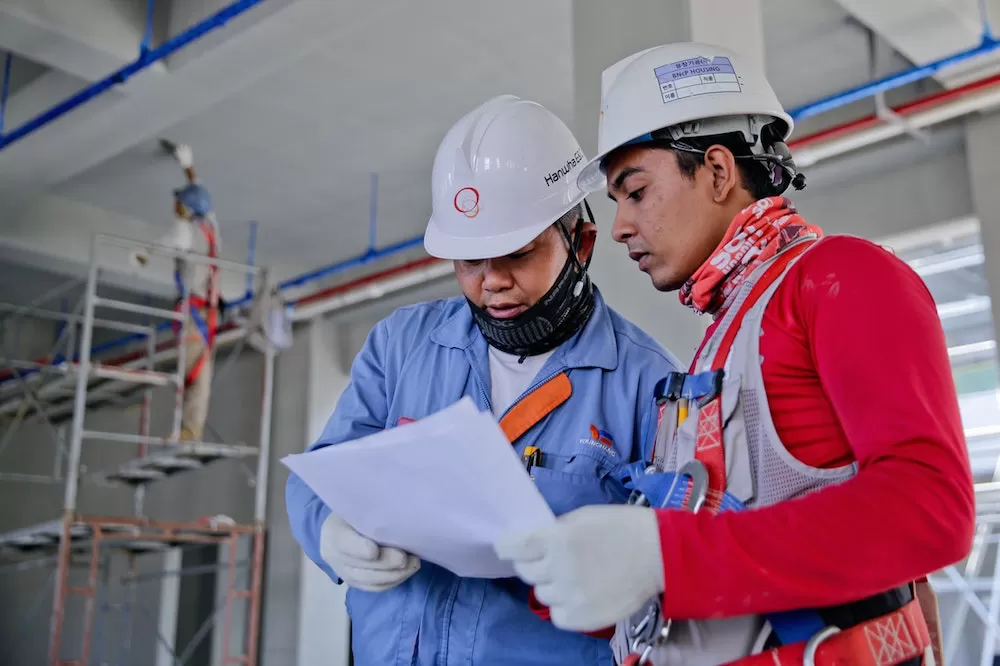
To better gauge what the job market really is like in France, you have to first know both the employment and unemployment rates of the country. And it's safe to say that things ahve looked relatively good on both fronts. From 2003 to 2020, France averaged at 63.92% of employed citizens and residents. It even reached a peak of 66% just late last year during the fourth quarter of 2019. Consequently, the first quarter of 2020 found that the unemployment rate plummeted to 7.8%, which means a huge chunk of the population are still working. Though the numbers may change soon due to the COVID-19 pandemic.
Though the employment and unemployment rates show promise, it all depends on the economy as well. Before the country had to go on lockdown because of the COVID-19 pandemic, France had a freedom score of 66.0. Back in 2019, it was ranked as the 7th biggest economy in the world and the 2nd among the countries in the European Union. It even had a GDP of $2.707 trillion back in 2019. So before the pandemic, things seemed to be looking up for France and paired with the employment rates meant that it was one of the best times to look for a job.

In terms of industries and sectors, the service sector has the most employees with a whopping 80% of all working citizens and residents. The remaining 18% are working within the various industries and the final 2% are those in agriculture. While this may not seem reassuring for industries. it does give hope to those looking to start working whatever job they may find. After all, working as a waiter, bartender, clean up crew, and more are still honorable and are the norm in France, especially since it's a tourist-heavy country, to begin with. As for the industries, the biggest in France, unsurprisingly, are tourism and finance.
If you're looking for a job, it pays to bear in mind the common sectors that are always looking for new hires. Now, they may not be the industries that you were hoping to work for, but in terms of gaining experience, learning new skills, and filling up your CV with something, they still count. Again, unsurprisingly, the tourism industry hires the most number of new employees year after year. At times, the even look for willing applicants from other countries. Communications, IT, finance, and research all follow, but they don't hire as many new employees as tourism does.
Of course, as with any other country, there are still pros and cons to working in France. For the good parts of it, you only have to work 35 hours a week instead of the standard 40 hours in many other countries. And if you're living in cities such as Paris, Cannes, and the like, you get to live in these amazingly beautiful places too! But what about the cons? What's there to dread about working in France? Simply put, France is an expensive country to live in. Even if you're in a stable position in a good company, you'll hardly feel it with all the things you have to pay for.

Once you do get to work in France, it's better to stay at a French luxury apartment for your home here. It will make everything easier and ultimately better in the long run!